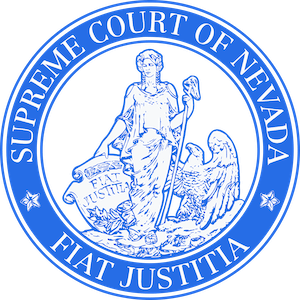September 4, 2024, Oral Arguments
United Healthcare Ins. Co. vs Fremont Emergency Servs. (Mandavia), Ltd. c/w 85656
Las Vegas – 1:30 p.m. – Full Court
United Healthcare Ins. Co. vs Fremont Emergency Servs. (Mandavia), Ltd. c/w 85656
Docket No.85525
Las Vegas – 1:30 p.m. – Full Court
This is a consolidated appeal from a district court judgment on a jury verdict in a civil action and an original petition for a writ of mandamus or, alternatively, prohibition challenging a district court order declining to seal certain parts of the record. This case arises from a dispute about out-of-network payments from UnitedHealth Group, a health insurance company, to emergency care providers affiliated with a company called TeamHealth. TeamHealth is not part of UnitedHealth's network, but they treat patients insured by UnitedHealth. This case is about the reimbursement rates paid by UnitedHealth to TeamHealth for care provided between 2017 and 2020. TeamHealth alleged that the rates were artificially low and based on a sham calculation system. The case went to trial on four causes of action: (1) breach of implied-in-fact contract, (2) unjust enrichment, (3) violations of the Unfair Claims Practices Act, and (4) violations of the Prompt Pay Act. TeamHealth also sought punitive damages. The jury awarded $2.65 million in compensatory damages and $63.4 million in punitive damages. UnitedHealth appeals from this judgment and also challenges the district court's denial of post judgment relief and award of attorney fees and costs. Issues: Whether (1) the district court erred in declining to seal all trial records and exhibits that appellant/petitioner sought to have sealed as confidential business record and/or trade secrets under SRCR 3(4)(b) and (g); (2) writ relief is warranted; (3) appellant is entitled to a new trial because the district court erred in excluding evidence or in giving a jury instruction regarding spoliation of evidence; (4) the district court erred in denying appellant’s motion for judgment as a matter of law because respondents failed to prove the existence of (a) an implied-in-fact contract, (b) the elements of unjust enrichment, and (c) the elements of an Unfair Claims Practices Act; (5) the district court erred in awarding attorneys’ fees under the Prompt Pay Act because respondent failed to prove the elements required for recovery under the act; (6) the $60 million punitive damages award must be reversed as a matter of law or reduced to comply with federal and state limitations on such awards; (7) respondent’s state law causes of action regarding insurance reimbursement to health care providers are preempted by the Employee Retirement Income Security Act of 1974 (ERISA).

